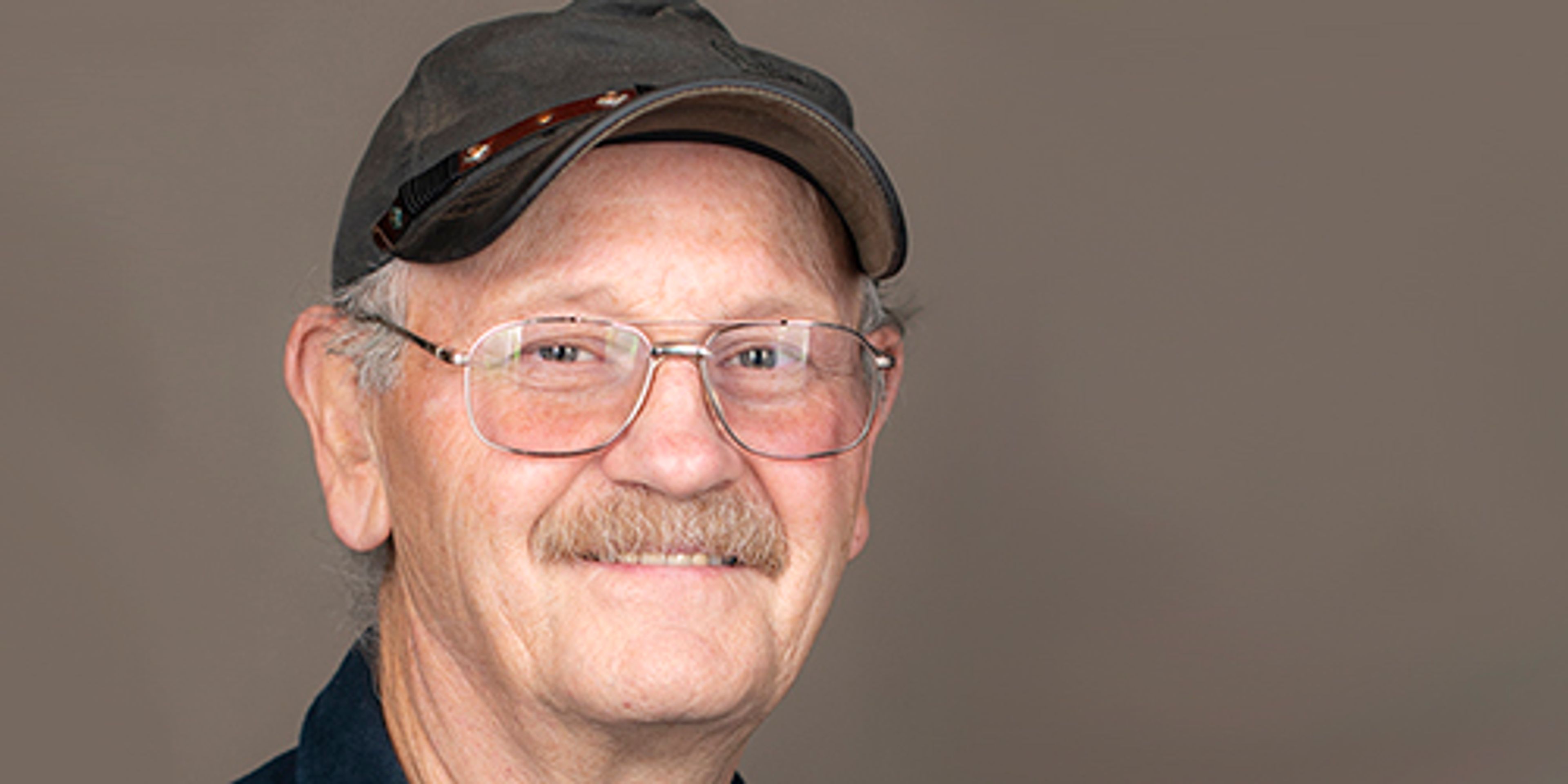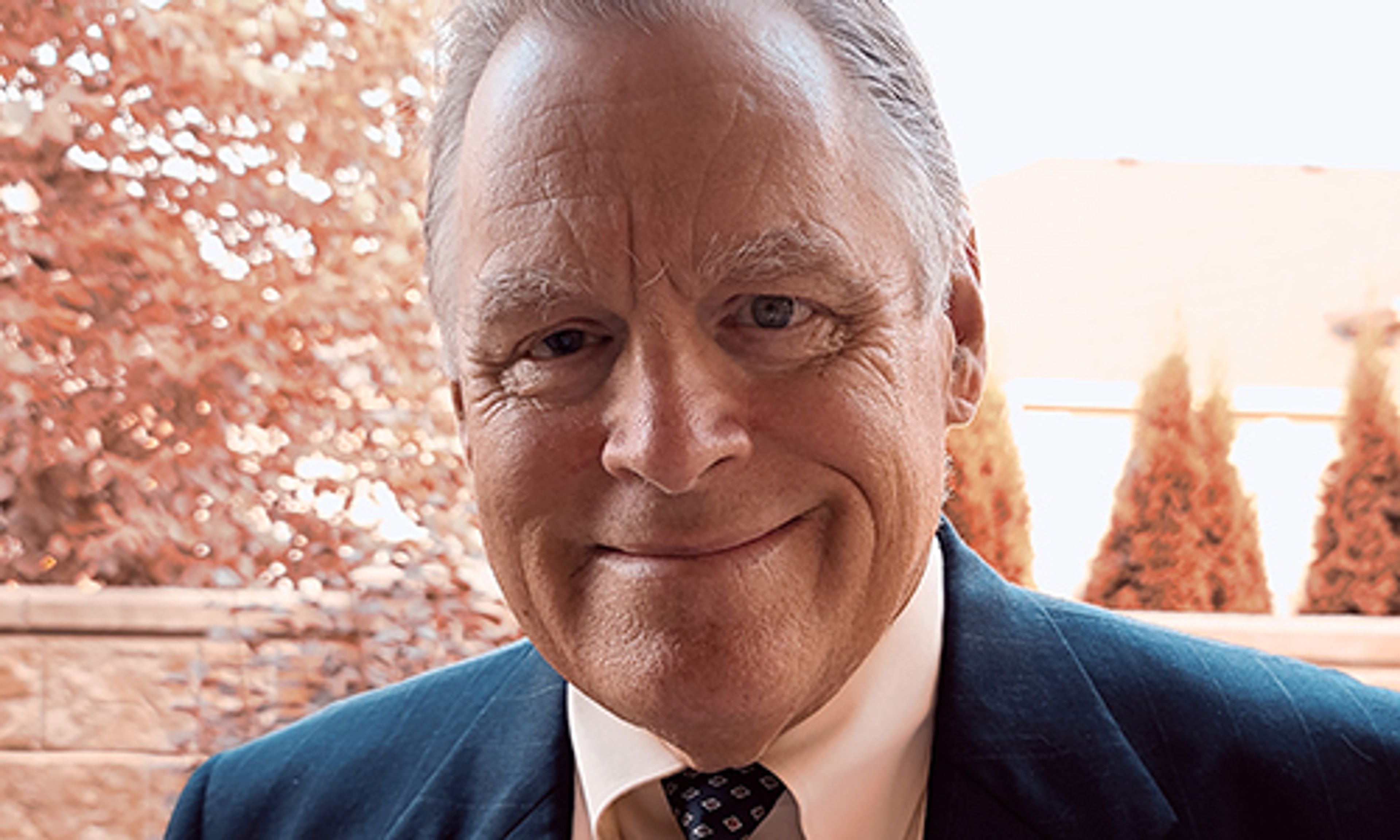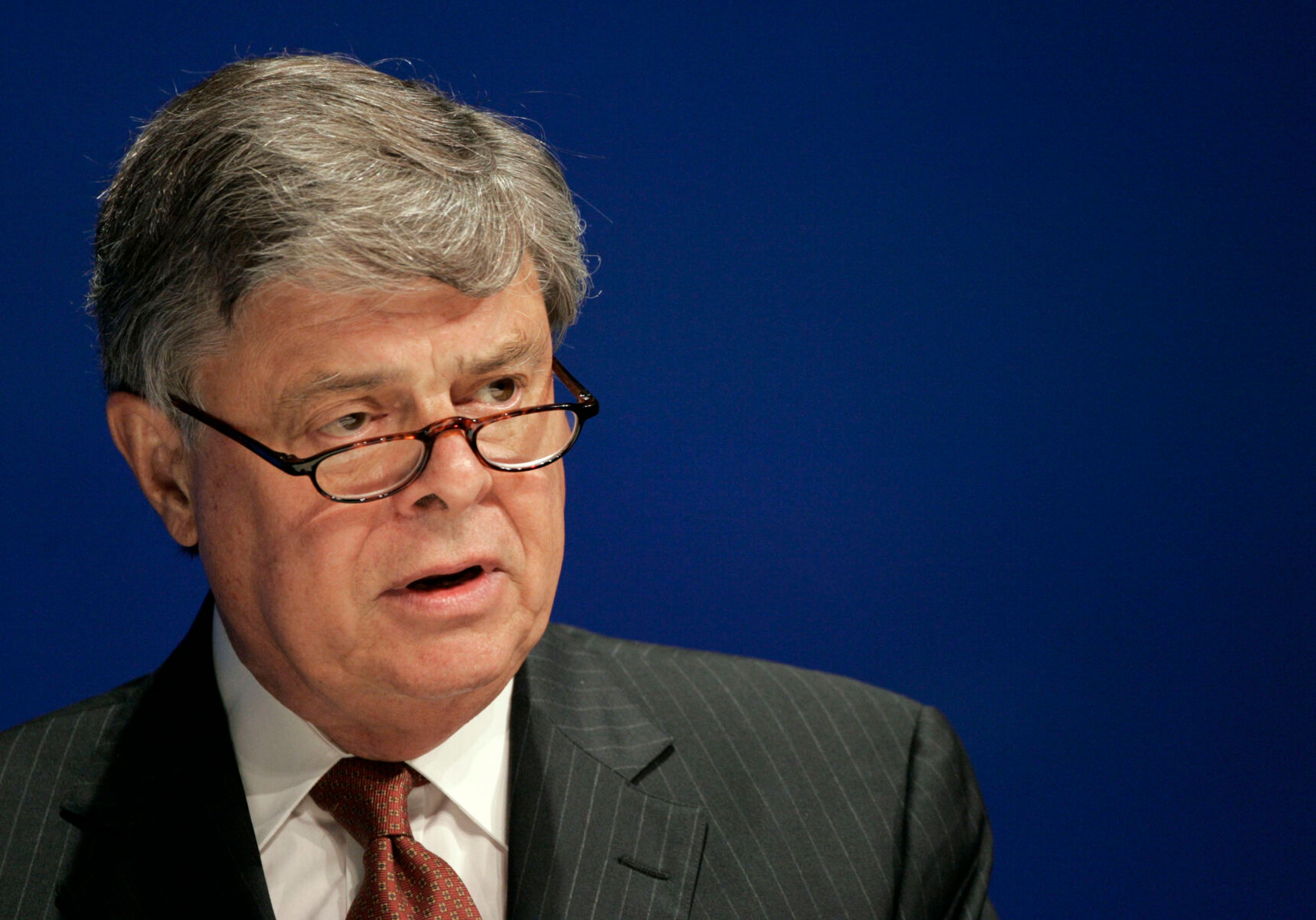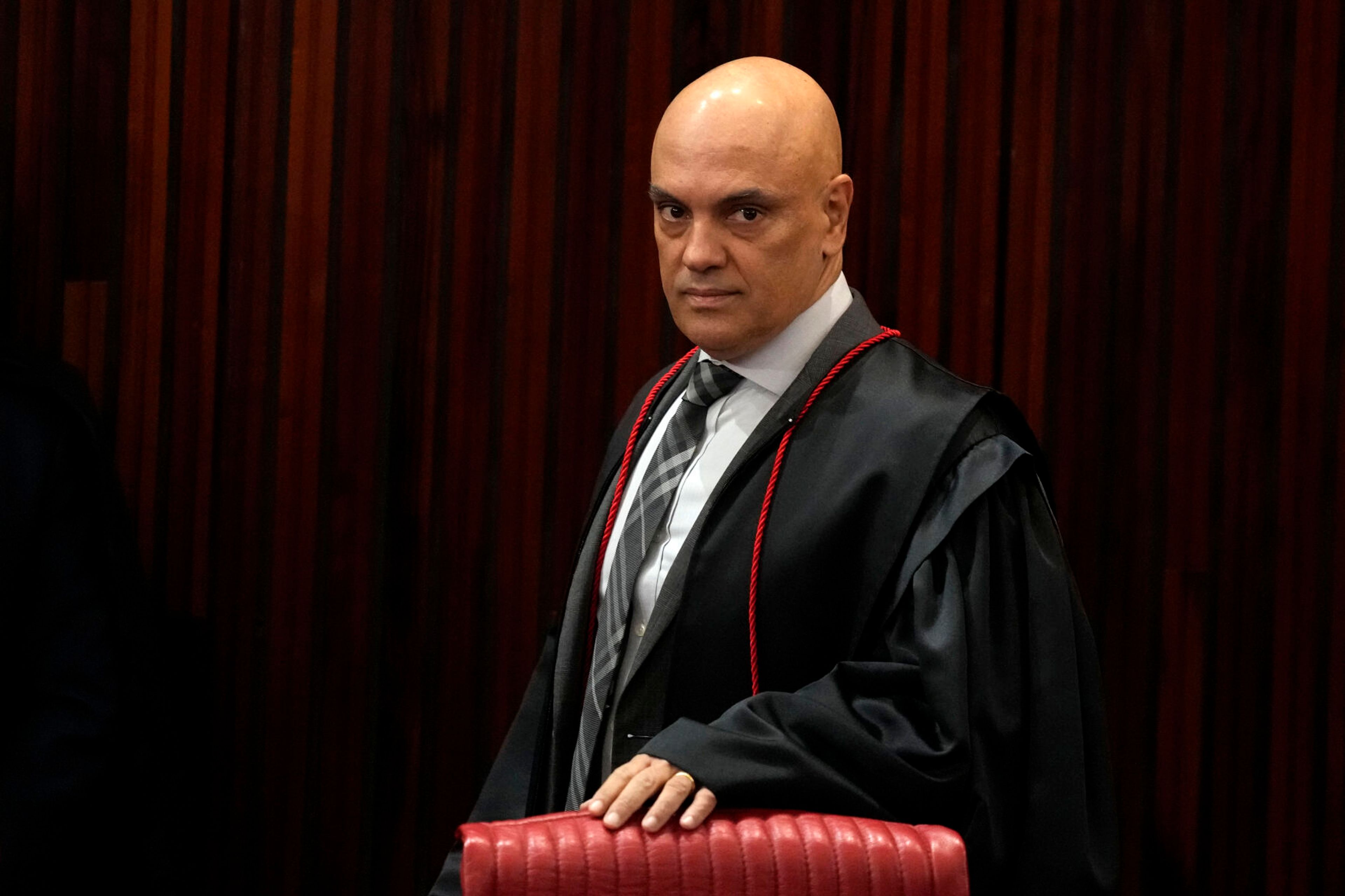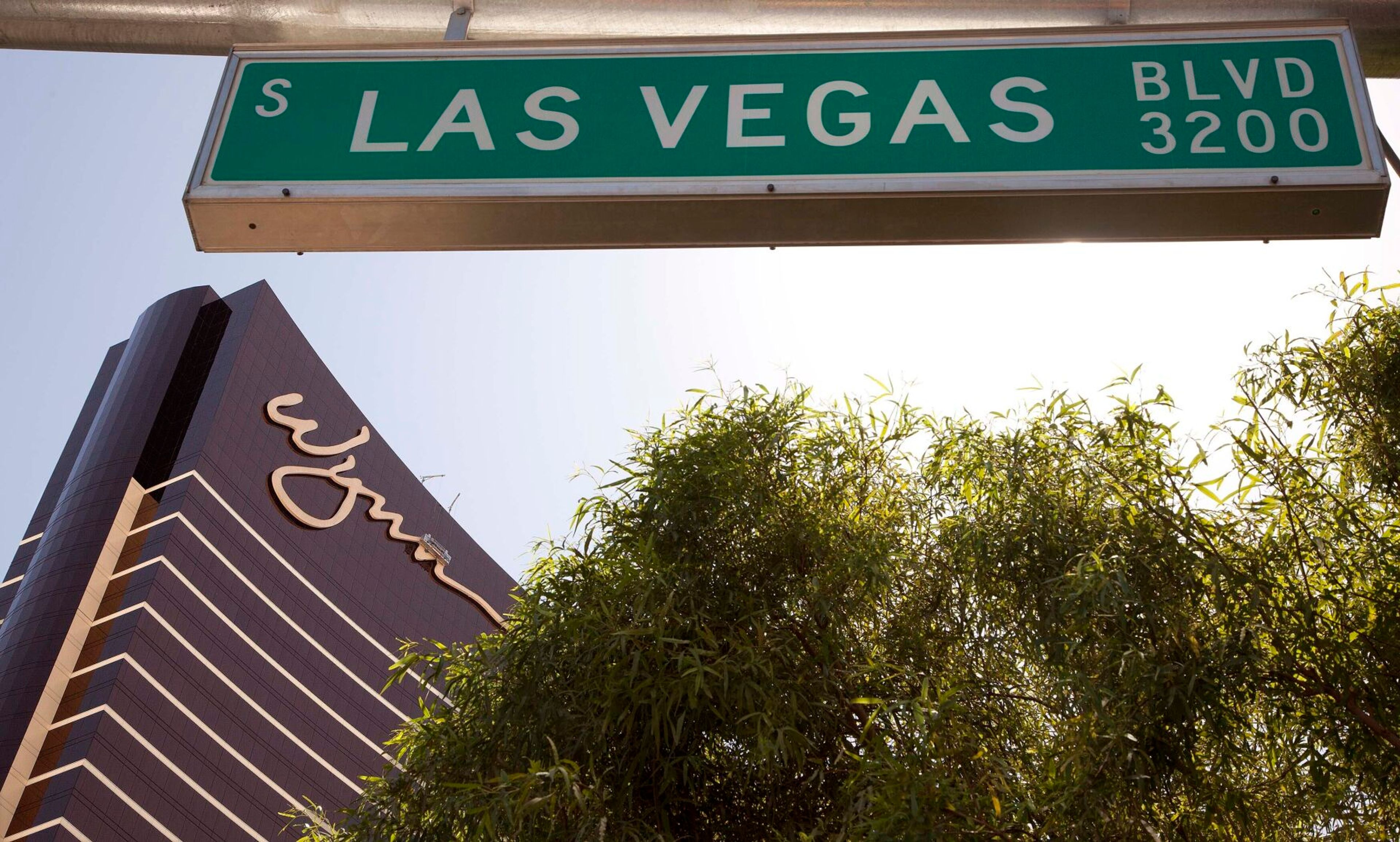This college invited young people to help shape U.S. democracy
Elders have made it a popular sport to trash young people for their supposed lack of political knowledge and disengagement from our democracy. The more generous among the detractors typically lay the blame for this on inadequate civic education in the schools and the poisonous effects of social media.
Having taught at university for two decades, I reject this indictment as untrue. My classrooms have been full of deeply committed, public-minded students — on all sides of politics — searching for effective ways of repairing the world.
What’s fair is a critique of the education system for doing precious little to encourage young Americans to learn from the experience of political engagement — to discover the joys and struggles of organizing their fellow citizens, listening to them and trying to change their minds. Universities devote a lot of thinking to preparing students for the world of work, even if the results are far from perfect. They do much less to prepare them for democratic citizenship.
It can be done, and a small, distinguished college has provided a model that other universities should study and adapt. Since 2008, Occidental College in Los Angeles has offered students a chance to join a “Campaign Semester,” in which they dedicate themselves to a political campaign of their choice in presidential and midterm years. Students spend 10 weeks working their hearts out in the field and then the rest of the semester reflecting on what they learned and engaging in the academic study of elections.
The program is the creation of Peter Dreier, an Occidental professor for more than 30 years who spent much of his pre-academic life in federal, state and local politics. Along with professor Regina Freer, Dreier supervises students’ independent study projects and runs the seminar they join after their return to campus.
Its origin owes a lot to former President Barack Obama, who attended Occidental before transferring to Columbia University. Obama’s 2008 campaign inspired a lot of young people, especially Oxy’s students, many of whom approached Dreier to learn how they might work on the campaign.
Dreier suggested they take a semester off, as he did to work on Robert F. Kennedy’s 1968 presidential effort, but quickly discovered that parents and many students were committed to a four-year college schedule. Campaign Semester was born out of a desire to square this circle.
The idea, he said, was “a study abroad program where the students get a full semester of credit for studying off campus, but instead of going to South Africa or Argentina or, Belgium or China, they go to rural Virginia or they go to Florida or they go to Wisconsin or they go to Nevada” to work on a battleground race.
Students can work for either party, even though most of the 150-plus (mostly liberal) students who have participated over the years have worked for Democrats. The core requirement is that they get involved in contested races where the campaign matters and, importantly, where students must engage citizens with views very different from their own.
The process, Dreier said, requires learning “the skills that it takes to talk to people that you don’t agree with and persuading them.” Paradoxically, perhaps, partisan campaigns might have a better shot than universities at teaching the need to reach beyond comfort zones.
“On the doors, I learned that I was capable of talking to anyone, regardless of our backgrounds and political leanings,” said Sunari Weaver-Anderson, who worked in 2022 with the Unite Here union in Philadelphia on behalf of Democrats and was one of the Campaign Semester veterans I contacted.
Noah Weitzner joined Rep. Elissa Slotkin’s 2022 reelection campaign in Michigan. “As a card-carrying Democratic Socialist myself, I thought I’d have trouble campaigning for a moderate congresswoman in a rural, red county,” he told me. But it turned out to be a “privilege,” he said, “to make connections and lasting relationships with folks whose political ideologies and lived experiences seemed so far away from my leftist beliefs and D.C. upbringing.”
Samantha Sencer-Mura, who was part of the program’s first class and a volunteer for Obama’s 2008 campaign, is a starring example of the program’s impact: She is now a state representative in Minnesota. “The nuances of policy can be learned in the classroom,” she said, “but the heart of politics — building a shared vision for improving people’s lives — can only be learned out in the field.”
Dreier is an unapologetic progressive, but his personal goal as he approaches retirement is to see the Campaign Semester concept spread widely, including to more conservative campuses and politically diverse state institutions. “A small liberal arts college in L.A. shouldn’t have a monopoly on this great idea,” he said.
He’s right. The Occidental model can be tweaked, but its objectives are hard to refute: Our colleges and universities should not be self-referential bubbles, our democratic system needs refreshment, and the next generation should know that our democracy welcomes its skills, its passions — and its impatience.
Dionne writes for The Washington Post. He may be contacted on X @EJDionne.




